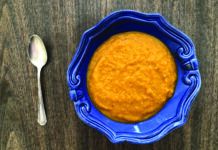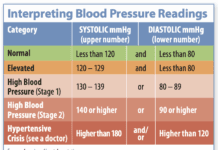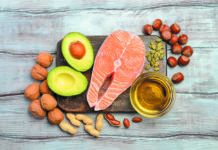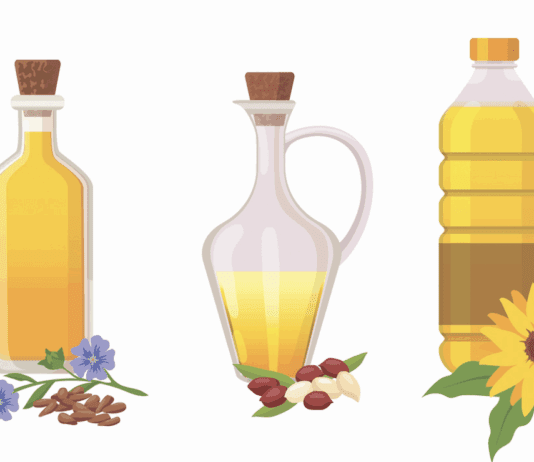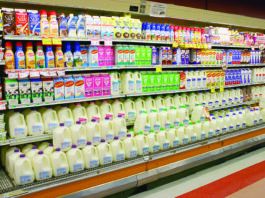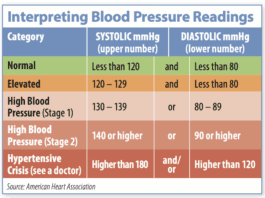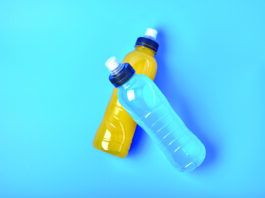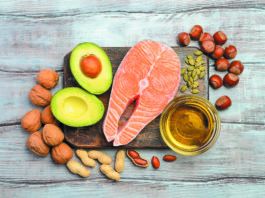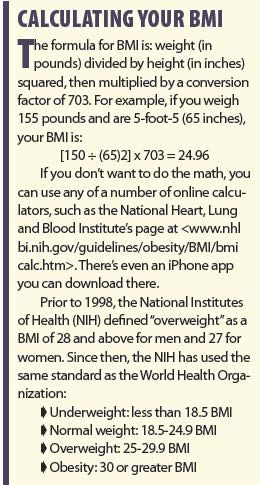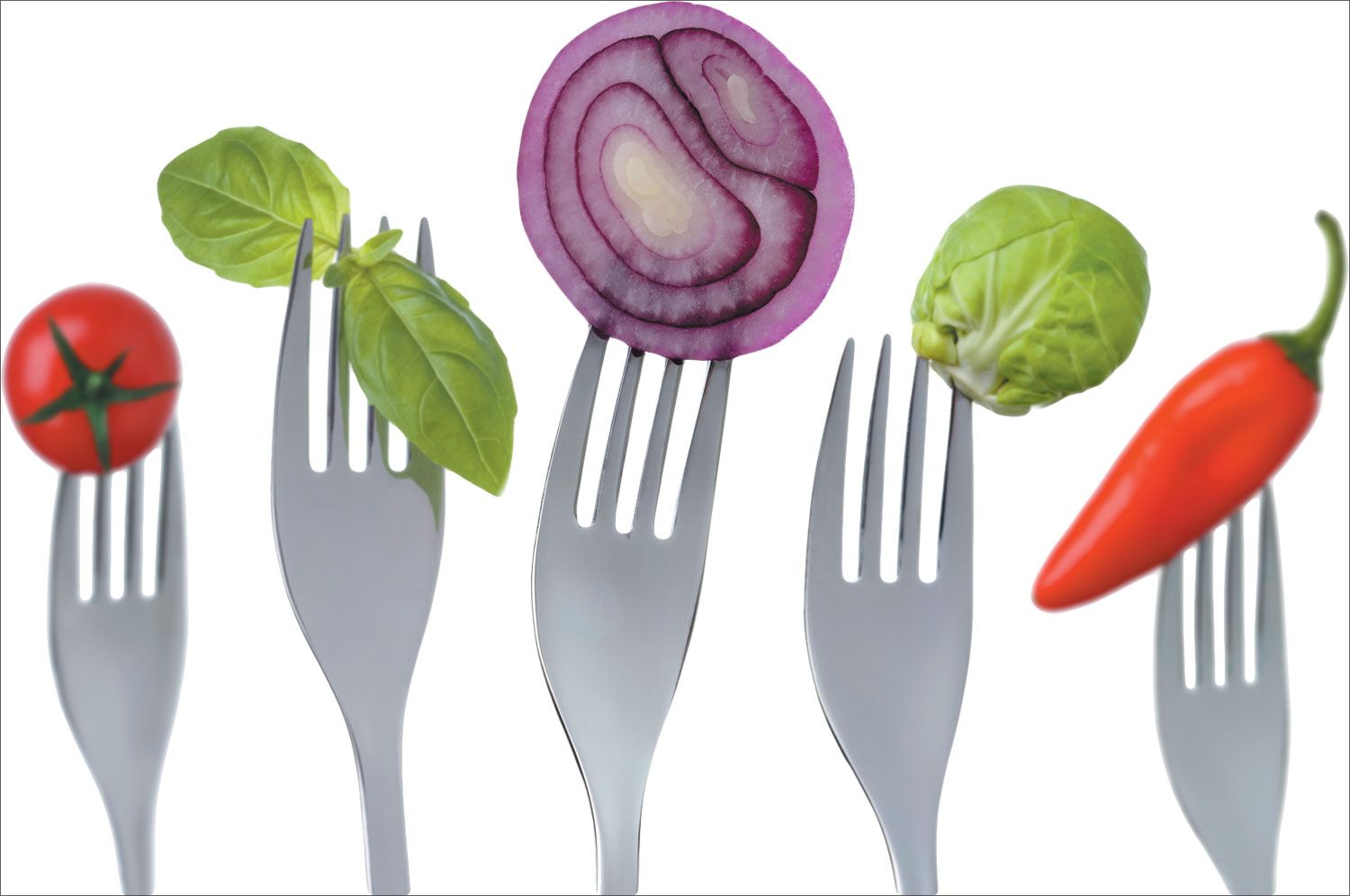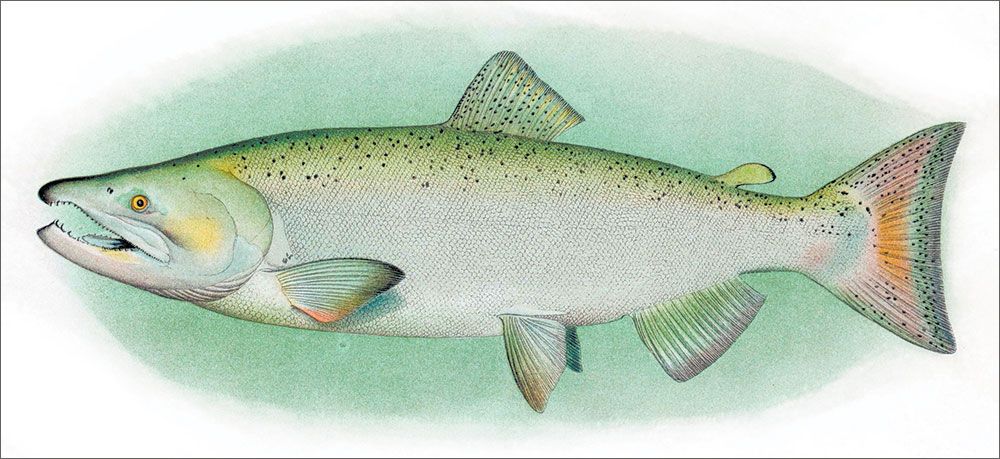Rethinking BMI for Older Adults
If youre over 65 or approaching that age and still watching your weight, new findings suggest you may be worrying about the wrong thing. Its true that the obesity epidemic has exacted a serious toll on Americas health. But for older adults, maintaining muscle mass to ward off frailty-a condition called sarcopenia-is more important both to the length and quality of life than counting pounds. The popular Body Mass Index (BMI-see box), a calculation that combines weight and height, turns out not to be a very good predictor of health for older adults-for whom the rules about overweight may simply be different than for younger people.
Review: Menu Calorie Counts Not Enough
Even as larger restaurant chains are adding calorie labels to their menus, as required by the Affordable Care Act, a review of the evidence cautions that those numbers alone may not change consumer behavior. The review of 31 studies, published in the Journal of Community Health, concluded that the best-designed studies show that calorie labels do not have the desired effect in reducing total calories ordered. Women, dieters and upper-income diners paid the most attention to restaurant calorie numbers, but overall the impact was negligible. It may be the case that calorie labeling alone is not sufficient to modify consumer behavior in the desired direction, researchers wrote. Other presentation formats, including color coding, physical activity equivalents and healthy logos or traffic lights, might prove more successful, they added.
New Evidence Links Fruits and Vegetables to Longevity
If youve been trying to follow the advice to eat five servings of fruits and vegetables a day, two new studies might inspire you to try harder-and to aim for even more daily produce. Both studies found even greater benefits from consuming more than five daily servings of fruits and vegetables.
How to Get Maximum Health Benefits from Tomatoes
Tomatoes are so ubiquitous in the American diet, from the fresh tomatoes just now coming into prime season to countless processed products, that its hard to believe they were once commonly avoided as poisonous. Its true that tomatoes, like potatoes and peppers, belong to the nightshade family, and their leaves contain alkaloids that can indeed be toxic to pets. Europeans who saw the plants from the New World thought tomatoes resembled belladonna-deadly nightshade-and gave the fruit the forbidding name wolf peach.
Married People Heart-Healthier
The largest study of its kind reports that married people are less likely to suffer from a range of cardiovascular problems, from heart disease to stroke to circulatory issues. In an analysis of data on more than 3.5 million Americans, average age 64, whod undergone health screenings by a private company, married people were 5% less likely to have cardiovascular problems than singles. Compared to married participants, widowed people were at 3% greater risk and divorced people at 5% more risk. The correlation between marital status and cardiovascular health was strongest for those under age 50.
For Most Products, 0 g Trans Fat Really Means Zero
When the US Food and Drug Administration began requiring trans fat amounts to be listed on Nutrition Facts labels in 2006, it left what some regard as a loophole: Products containing trans fat with less than 0.5 grams per serving could nonetheless be labeled 0 g trans fat. Crunching the numbers on a database of 130,000 branded and private-label food products, however, revealed that concerns about heart-unhealthy trans fat lurking under that 0 grams label…
Natural Label Still Popular
A slew of lawsuits-58 in 2013 alone-hasnt persuaded the food industry to jump off the natural-labeling bandwagon. Some experts had predicted that fear of legal action over the vague definition of natural might deter companies from using the term, which has been challenged in products using genetically modified (GMO) ingredients or high-fructose corn syrup, for example. But Mintel, which tracks global product launches, reports that 14% of new food products introduced in the US last…
Smart Shopping for Salmon
Among the many pleasures of summer is the return of fresh, wild-caught salmon to local supermarkets. In general, wild salmon are in season from May through September, depending on species. Richly flavored and easy to prepare in a variety of ways (see recipe on the next page), its no wonder salmon is Americas third most-consumed seafood, behind only shrimp and tuna, at about two pounds per person annually.
The Heart-Brain Blood Supply
Just like every other organ and tissue in the body, the brain needs oxygen and nutrient-rich blood to function properly. Because the brain is so crucial to the bodys survival, it receives a disproportionate amount of blood. Though it takes up only about 2 percent of the bodys weight, the brain receives 15 to 20 percent of the bodys entire blood supply, and 25 percent of its oxygen supply. The body will deprive other parts of the body of blood to ensure that the brain has what it needs.
The heart feeds the brain by sending blood through vessels both on the surface of the brain and deep inside it. Two pairs of arteries branching out from the aorta-the internal carotid arteries and vertebral arteries-supply the brain with blood. Carotid arteries send blood to the front of the brain, and vertebral arteries send blood to the back of the brain.
Blood flow into the brains tissues is a bit different than it is in other parts of the body. Elsewhere in the body, nutrients, oxygen and waste products can move freely in and out of the capillaries. This is not true in the brain. The brain has its own checkpoint, the blood-brain barrier, a semi-permeable system that lets only certain substances pass into the brain. This barrier protects the brain against viruses, toxins, hormones, and other substances in the blood that might harm the brains delicate tissues.
Considering how essential nutrient-rich blood is to the brains function, any disruption in blood flow can pose a serious risk. A blockage in the brains blood supply from a clot either in the brain or from elsewhere in the body is called a stroke. A stroke deprives the affected part of the brain of oxygen. Without oxygen, the brains cells will die. If too many brain cells die, thought and virtually every other function will come to a halt. Two primary risk factors for stroke are high blood pressure and heart disease, which illustrates the close relationship between heart and brain health.
For more information on the connection between the heart and brain, purchase Heart-Brain Diet: Essential Nutrition for Healthy Longevity by Tufts Medical Report.
The heart feeds the brain by sending blood through vessels both on the surface of the brain and deep inside it. Two pairs of arteries branching out from the aorta-the internal carotid arteries and vertebral arteries-supply the brain with blood. Carotid arteries send blood to the front of the brain, and vertebral arteries send blood to the back of the brain.
Blood flow into the brains tissues is a bit different than it is in other parts of the body. Elsewhere in the body, nutrients, oxygen and waste products can move freely in and out of the capillaries. This is not true in the brain. The brain has its own checkpoint, the blood-brain barrier, a semi-permeable system that lets only certain substances pass into the brain. This barrier protects the brain against viruses, toxins, hormones, and other substances in the blood that might harm the brains delicate tissues.
Considering how essential nutrient-rich blood is to the brains function, any disruption in blood flow can pose a serious risk. A blockage in the brains blood supply from a clot either in the brain or from elsewhere in the body is called a stroke. A stroke deprives the affected part of the brain of oxygen. Without oxygen, the brains cells will die. If too many brain cells die, thought and virtually every other function will come to a halt. Two primary risk factors for stroke are high blood pressure and heart disease, which illustrates the close relationship between heart and brain health.
For more information on the connection between the heart and brain, purchase Heart-Brain Diet: Essential Nutrition for Healthy Longevity by Tufts Medical Report.
Take a Hike to Lower Your Risk of Stroke
Two new studies suggest that one simple way to reduce your risk of suffering a stroke is to lace up your walking shoes and get moving. In a British study of nearly 3,500 initially healthy men ages 60-80, those who spent time walking were less likely to suffer a stroke, with risk declining as walking time increased. In another new finding, reported at a conference, women who walked or engaged in other moderate-intensity exercise were 20% less likely to suffer a stroke.


